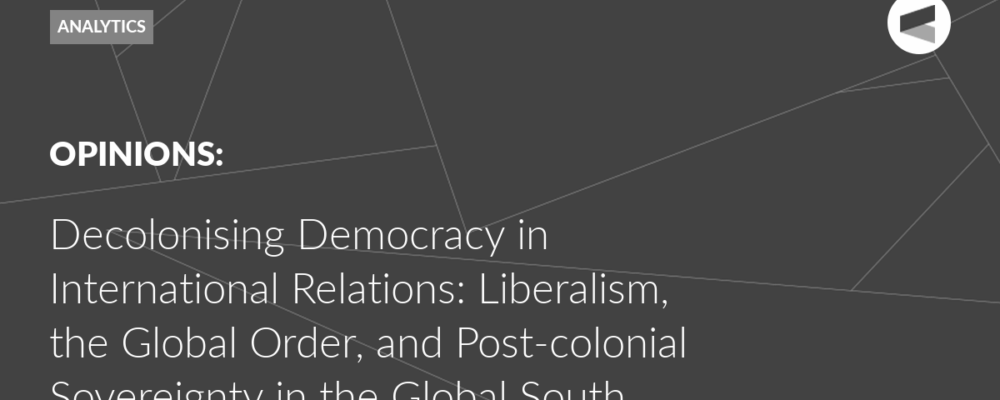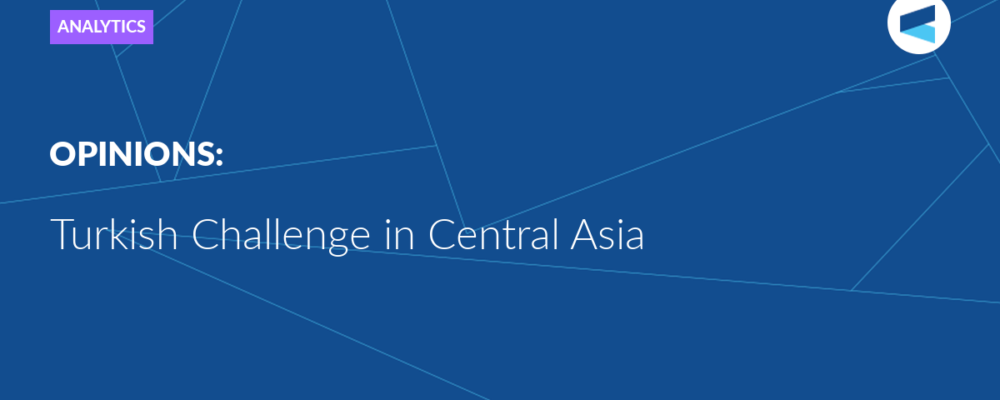Such positive changes do not, however, cancel the existing threats to stability in the continental space surrounding Russia. First, relations between even the largest regional powers are not free from conflicts and contradictions. The recent tragic events on the border between India and Pakistan have shown how vulnerable Eurasian stability is in terms of the problems existing between states that are, in principle, good partners of Russia. These include those that are members of the new international institutions, such as the Shanghai Cooperation Organisation and the BRICS group. Second, even despite their general retreat under the pressure of global political democratisation, Western countries will not abandon their attempts to interfere in the affairs of Greater Eurasia.
They can do this directly, already creating the basis for destabilising the Central Asian countries that are friendly to Russia and China. They can also do so indirectly, by encouraging the policy of diversifying their foreign policy and foreign economic ties, which is traditional among the neighbours shared by Moscow and Beijing. In the second case, the immediate negative effect is not particularly significant, but it can already cause concern for Russia and China, and therefore reduce the trust between large and medium-sized states that exists in Greater Eurasia. In any case, the behaviour of the US or Europe towards the countries of Greater Eurasia is not particularly predictable, since they view it primarily as a space for their diplomatic game, and not as a zone on whose position their security or very survival depend.
Finally, many states of Greater Eurasia are indeed more vulnerable to internal socio-economic destabilisation than giants such as Russia, China or India. There are many reasons for this vulnerability, and first among them is dependence on the global economy, which is still managed by those who lead the most parasitic existence. This means that many of the medium and small powers of Greater Eurasia risk becoming accidental victims of the crises that the liberal market economy produces and will produce on a global scale.
We have seen in recent years that the Western countries which created it face obvious difficulties regarding how such a development model can extend beyond short-term schemes such as the “green economy”. As a result, the United States and, to a lesser extent, Europe are beginning to make changes, the main goal of which is nothing more than the absence of changes in the system that emerged in the 1970s and 1980s. Needless to say, such a situation threatens countries that do not have levers of influence at the global level and, at the same time, do not have such strong internal reserves of stability as Europe.
Thus, the Greater Eurasia space is still very far from being completely safe for its large and small inhabitants. And we, despite what we’ve accomplished in terms of international cooperation, are at the very beginning of the path to Greater Eurasia being comparatively protected from the negative impact of factors which are being controlled far beyond our borders. Russia, as the central power of this geopolitical space, connected with many of its extended states by land borders, is becoming almost the most interested in creating mechanisms of regional stability and development. Moreover, global processes require our more active participation in affairs which occur far beyond Russia’s borders.
Russia’s success in confronting the West on the Ukrainian issue has turned out to be, in many ways, connected with the support it received from the countries of the World Majority. This means that all global changes inevitably lead to a more active involvement of Russia than would be desirable from the point of view of saving its forces and resources. Greater Eurasia is precisely the region where such participation in solving common problems of development and security will be most relevant. It is becoming important to increase the effectiveness of Russian policy in its immediate surroundings and, at the same time, to “couple” it with the resolution of our national development goals. For this, it would be important, it seems, to address precisely those issues that link the development of Russia itself and the development of the surrounding medium and small states, and also reflect the most important development trends of our friends and allies in China or India.
The Valdai Discussion Club was established in 2004. It is named after Lake Valdai, which is located close to Veliky Novgorod, where the Club’s first meeting took place.
Please visit the firm link to site






